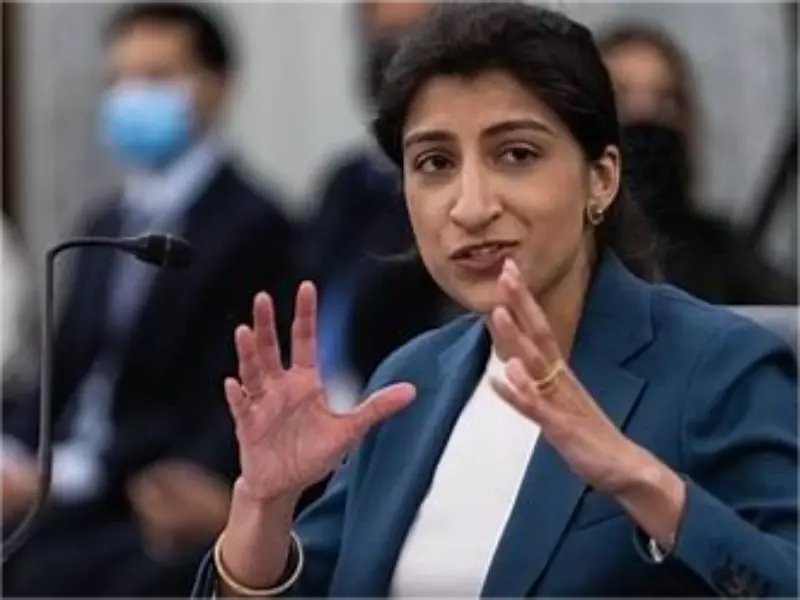- FTC Chair Lina Khan advocated for open AI models to increase competition and prevent large tech companies from monopolizing the AI sector.
- Khan emphasised the benefits of transparent, adaptable AI systems for innovation, despite concerns about potential abuse by international competitors.
OUR TAKE
FTC Chairwoman Lina Khan recently promoted the use of open AI models at an event in San Francisco. She argued that open models, which are transparent about their training processes, could free startups from the restrictive practices of large tech companies and cloud providers, thereby encouraging innovation at a smaller scale. This advocacy for open AI models is crucial, as it challenges the dominance of a few large companies that could potentially stifle innovation and prevent new entrants from entering the market. Personally, I believe that Khan’s emphasis on transparency and accessibility in AI development is essential to ensuring a diverse and dynamic tech ecosystem where innovation can flourish without being stifled by the monopolistic trends of big tech.
—Heidi Luo, BTW reporter
What happened
Lina Khan, chairwoman of the Federal Trade Commission (FTC), voiced strong support for open AI models during a speech at startup Y Combinator in San Francisco on Thursday.
“Open artificial intelligence models that allow developers to customise them with few restrictions are more likely to promote competition,” she said.
Khan also highlighted the benefits of “open-weight” models, which are transparent about their training data and modifications, making them accessible and adaptable to smaller companies and researchers.
However, some critics have warned that open models carry an increased risk of abuse and could potentially allow companies from geopolitical rivals such as China to piggyback on the technology.
Khan’s comments come as the Biden administration evaluates potential guidelines for the use and safety of open AI models. And her comments are particularly timely in light of ongoing antitrust investigations into major tech companies, such as Microsoft, which focus on practices related to AI technology and talent acquisition.
Also read: FTC investigates Microsoft, Amazon, Google investments in AI
Also read: UK antitrust chief calls for urgent probe into AI sector monopoly risks
Why it’s important
In a conversation with Bloomberg’s Emily Chang, she discussed the need for regulation and open competition in the artificial intelligence market. And She also highlighted the importance of having redundant systems, referencing a recent global IT outage by CrowdStrike.
While companies like Meta Platforms and Mistral AI in France are releasing open AI models, others like Google and OpenAI maintain closed models with proprietary data and code. Meta has also introduced a new AI model, Llama 3.1, which is freely accessible under certain conditions set out in its acceptable use policy.
The FTC which enforces antitrust and consumer protection laws, is currently conducting several investigations into AI practices, including a notable antitrust case against Microsoft for its dealings with OpenAI and its acquisition of staff from Inflection AI. In a financial move, Microsoft paid $650 million to license AI technology from Inflection and hired a significant number of its employees.
While Khan did not comment directly on these investigations, she expressed concern about large companies monopolising critical resources and talent in the AI sector. She reiterated the FTC’s commitment to market openness and vigilance against such monopolistic practices.

